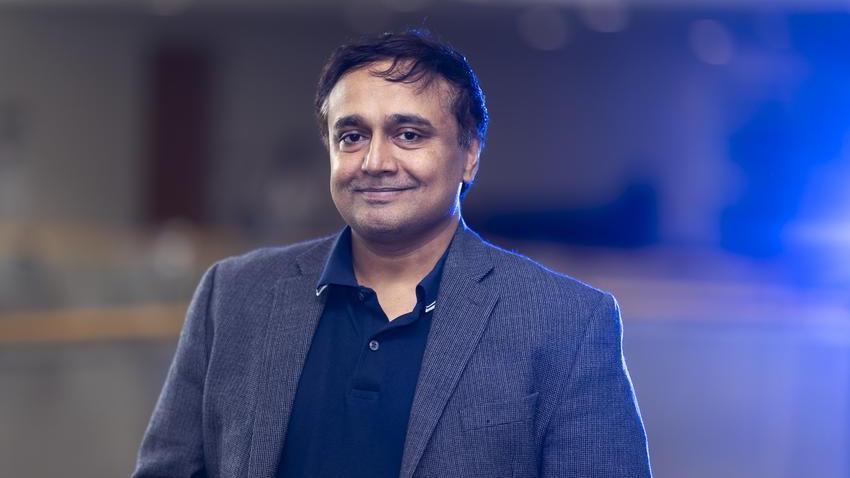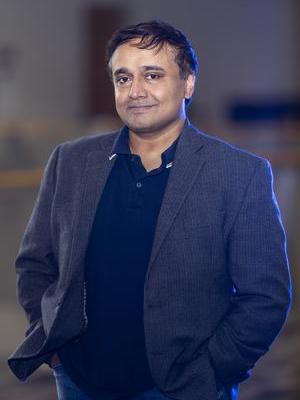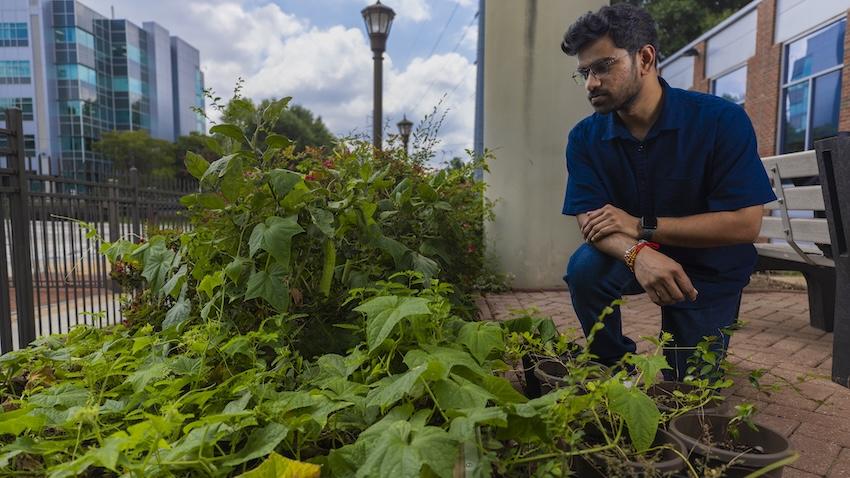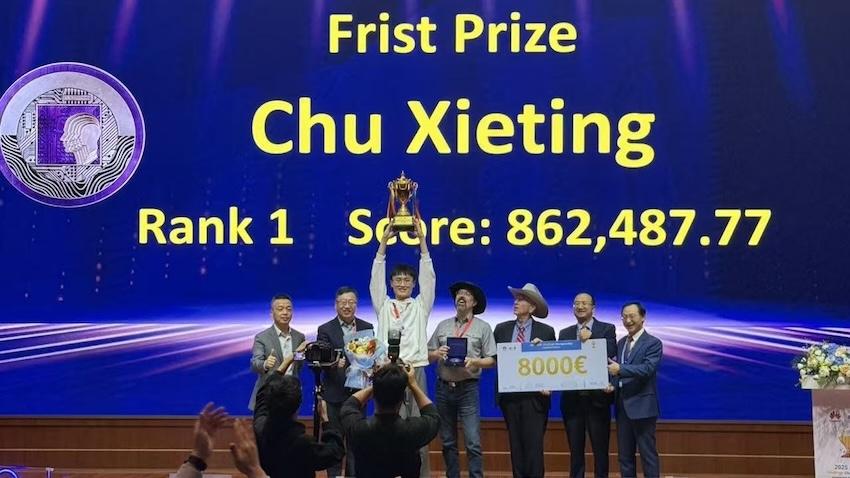
New Professor Explores Logical Reasoning in AI
The field of automated reasoning (AR) is dedicated to enabling artificial intelligence to reason like humans, focusing on mathematical logic.
Vijay Ganesh, who joined the School of Computer Science as a full professor this fall, devotes his research to progressing this field.
He is joining Georgia Tech after being a faculty member at the University of Waterloo for 11 years. Ganesh completed his master's in electrical engineering from Stanford University, followed by a Ph.D. in computer science in 2007, also from Stanford University.
“From the beginning, AI has had two key pillars, namely, automated reasoning and machine learning (ML). The overall goal of my research is to combine AR and ML in novel ways and thus solve hard AI problems,” Ganesh said.
Ganesh says that he believes bringing these two areas together is the future of AI. Specifically, he is working on projects involving the use of ML to make AR more efficient, and the use of AR to make ML more robust, secure, and logically resilient.
“The future of automated reasoning is very bright, especially given that it is an important tool for AI researchers whose goal is to improve the robustness, trustworthiness, and security of AI systems,” said Ganesh.

What interests you about working at Georgia Tech?
Georgia Tech is one of the leading computer science and AI research institutions in the world. Researchers here are engaged in some of the most advanced and bleeding-edge research in AI, computer science, and engineering. I was attracted to Georgia Tech primarily because of its outstanding faculty and students.
What will your research consist of?
My research will primarily consist of building more efficient automated reasoning (AR) systems, or solvers, by leveraging ML techniques, and in the reverse direction, use of AR to make ML more robust, secure, and logically resilient.
How did you get interested in this field of research?
When I was a graduate student at Stanford, I took lots of courses in mathematical logic and foundations of mathematics at Stanford's math and philosophy departments. I got very interested in these topics, especially their applications in AI, software engineering, and security. What is cool about AR is that it is a field that is both foundational and deeply pragmatic.
What are you most looking forward to in your new position?
The most interesting aspect of being a professor is the freedom to conduct cutting-edge research in your chosen field, and the opportunity to mentor, mold, and teach students. I most look forward to being very active in research with my students and colleagues, as well as teaching and mentoring great students at Georgia Tech.


